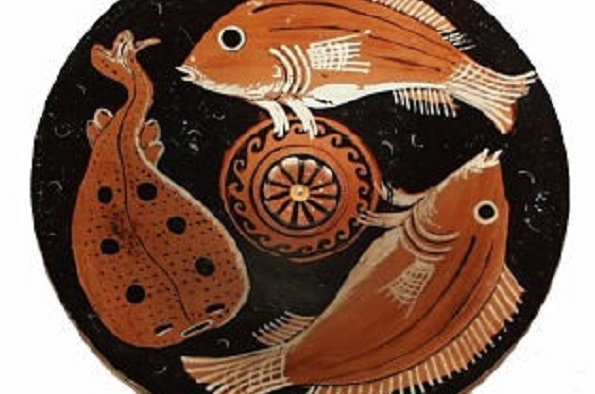
Classics and Ancient History Seminar Series: ‘Etymology in Oppian’s Halieutica: between poetry, philology, and scholarship’ (Prof. Athanassios Vergados, University of Newcastle)
Add this event to my calendar
Click on "Create a calendar file" and your browser will download a .ics file for this event.
Microsoft Outlook: Download the file, double-click it to open it in Outlook, then click on "Save & Close" to save it to your calendar. If that doesn't work go into Outlook, click on the File tab, then on Open & Export, then Open Calendar. Select your .ics file then click on "Save & Close".
Google Calendar: download the file, then go into your calendar. On the left where it says "Other calendars" click on the arrow icon and then click on Import calendar. Click on Browse and select the .ics file, then click on Import.
Apple Calendar: The file may open automatically with an option to save it to your calendar. If not, download the file, then you can either drag it to Calendar or import the file by going to File >Import > Import and choosing the .ics file.
The correct name may be separated from its explanation. Thus, at 1.104 the narke bears a ‘true name’, but we have to wait until 2.56-85 to find out why the name is ‘true’. Having learned this lesson, the audience can understand the brief reference at 3.153. At times, the word that would trigger the figura etymologica has to be supplied by the audience, thus occasioning a sort of Ergänzungsspiel. But Oppian also knows that apparent connections between words are not always valid, as in the case of the malthe (1.371) that did not receive its name because of its softness.
These etymologies inscribe the Halieutica in the generic didactic tradition beginning with Hesiod, who also exhibits a pronounced interest in the names’ meaning and is programmatically evoked at 1.80-92. As well, they reveal the poet’s learnedness: not only does he know the fishes’ names; he can also explain why (some of) these fishes received these names. Finally, the etymologized names related to the fishes’ habits or tasks/activities imply that the fish possess a will and a personality. This resonates with an important theme in the Halieutica, viz. the extreme humanization of the fish which are endowed with metis and dolos, are subjected to similar passions as humans (e.g. zelos, greed, eros, pothos), and are indeed likened to humans through several similes.
